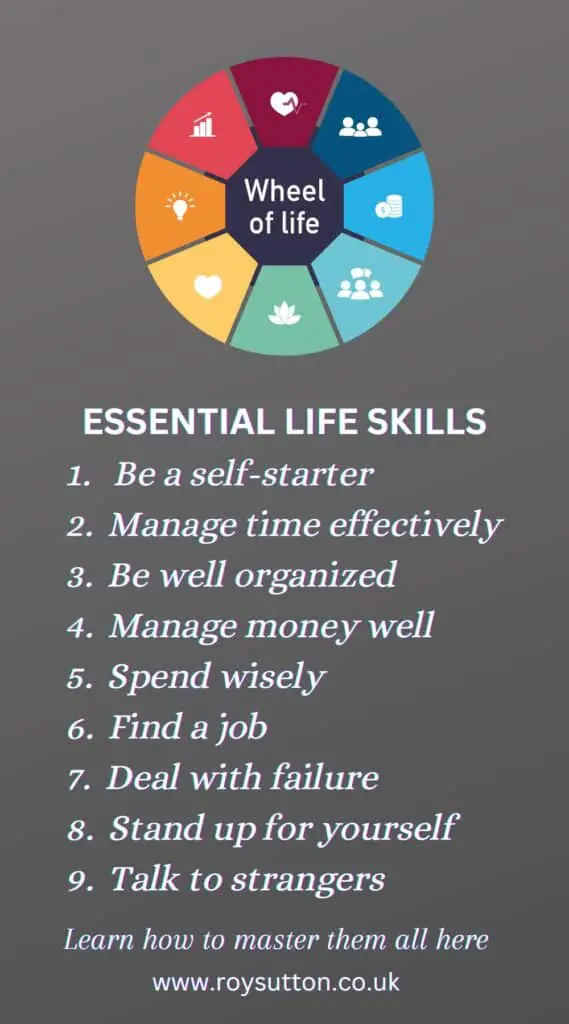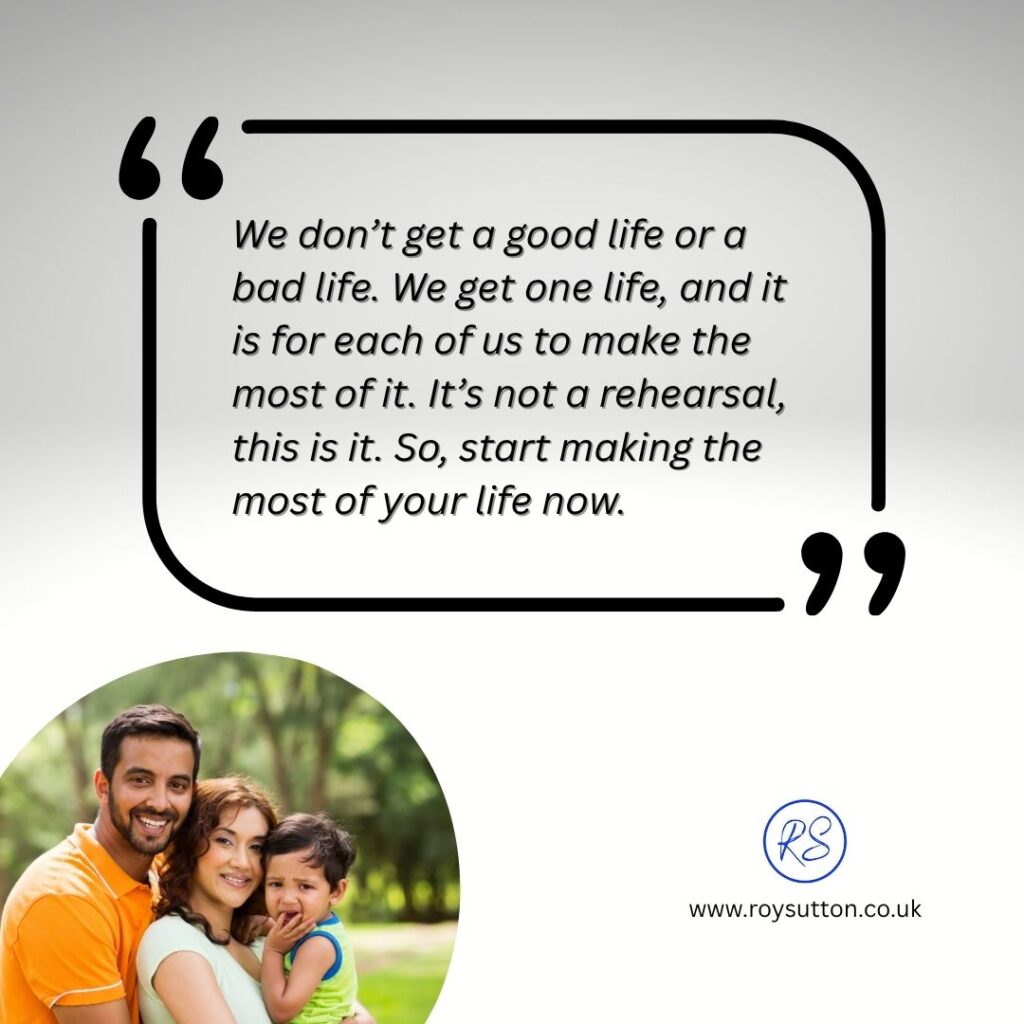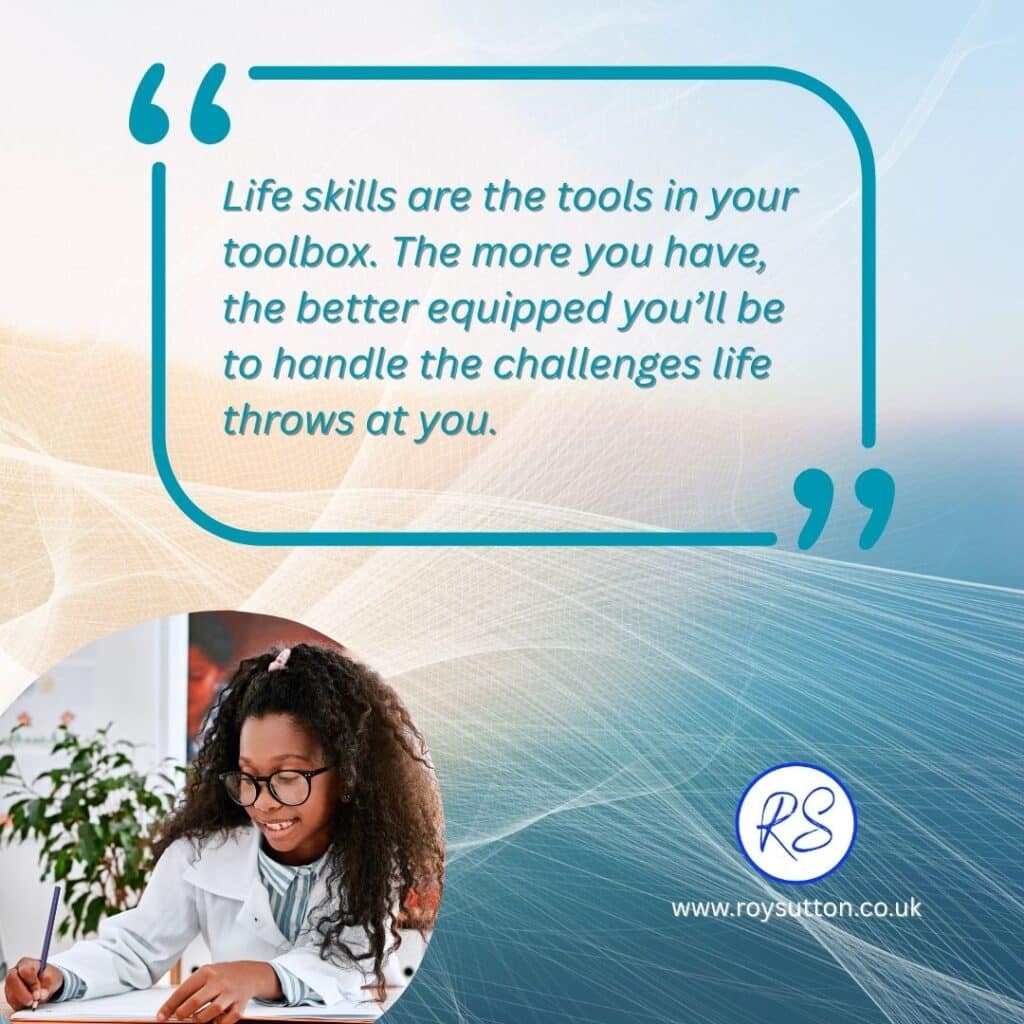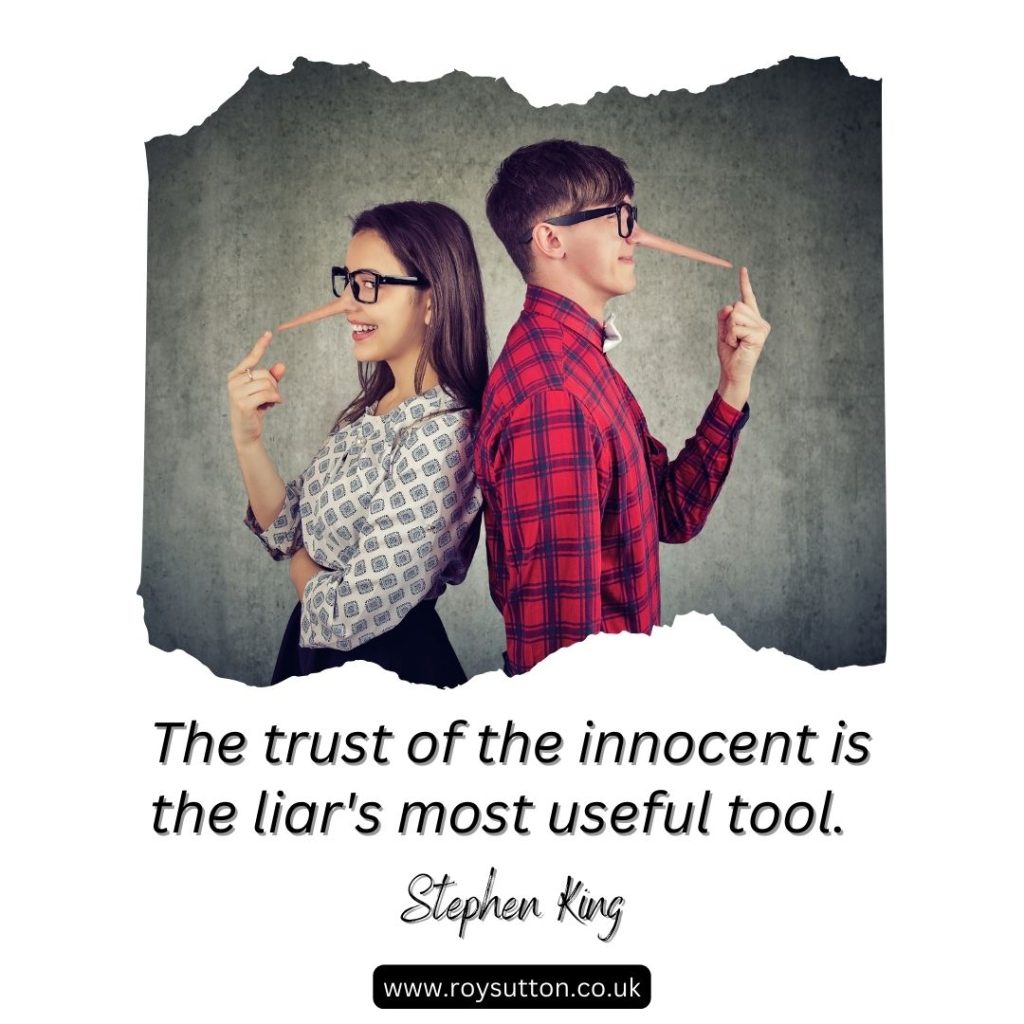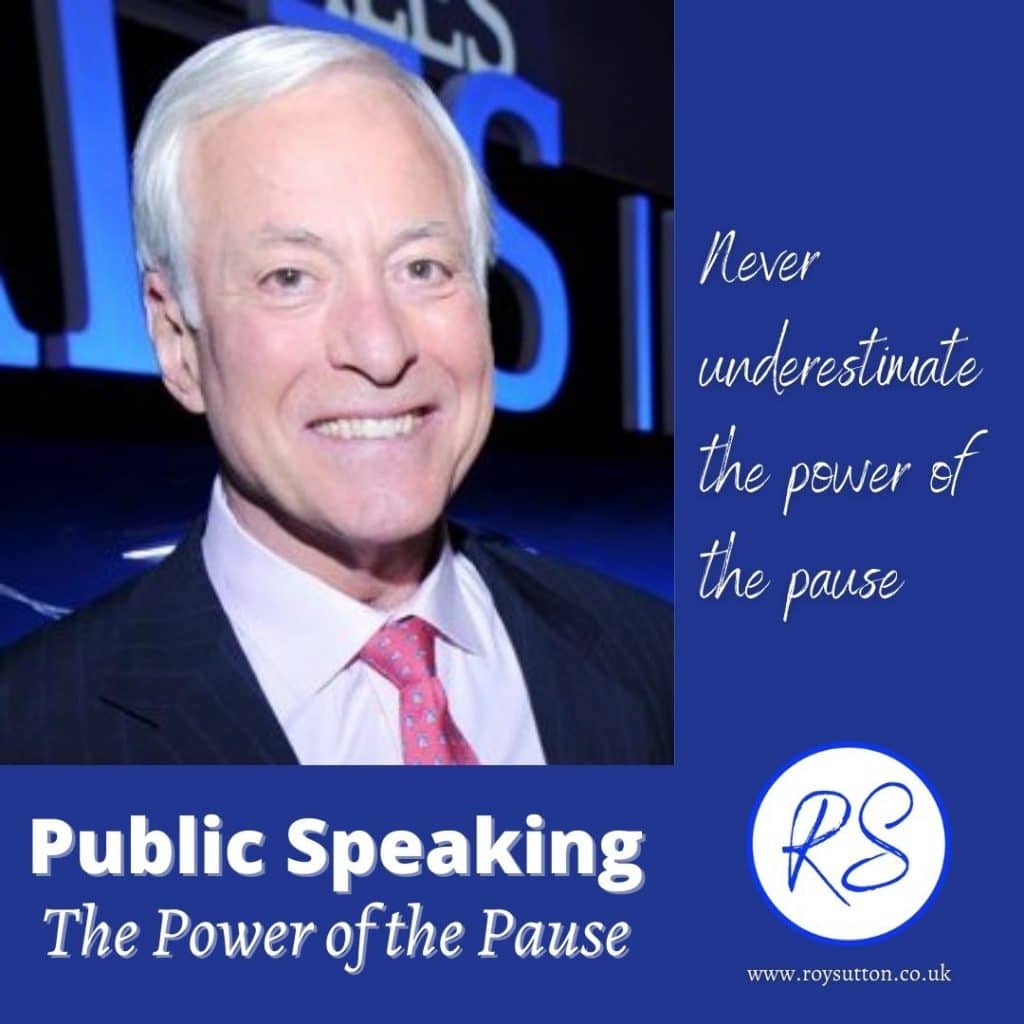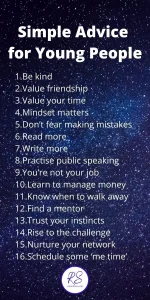
Essential life skills refer to the abilities and competencies that we all need to navigate everyday life effectively and successfully.
There are many life skills, of course, but today let’s consider nine of those skills that should be a priority in terms of your personal development, dear reader.
Developing strong life skills can help you manage stress, build meaningful relationships, achieve your goals, and lead a happy and productive life.


Essential Life Skills:
So here are my top nine life skills to master, as early as possible: –
1. How to be a self-starter:
To achieve anything in life, motivation is key.
If you want to make the most of your life and your God-given abilities, then it starts with self-motivation.
So, to be a self-starter: –
- Set clear goals for yourself: Know what you want out of life and why.
- Prioritize your time and energy: You only have so much of both. Make sure those resources are used to pursue your goals.
- Seize the initiative: There will always be a constant stream of opportunities there for the taking. But you must grab them yourself.
- Be proactive: You need to be fleet-footed. Snooze and you lose, as the saying goes.
- Life-long Learning: We add value to others through our knowledge, experience, and expertise. Seek out opportunities for growth and learning, constantly.
- Practice self-awareness and emotional intelligence: Know how you come across to others and be sensitive to the needs of others.
- Develop good communication skills: Effective communication is necessary if you’re to build strong relationships and make informed decisions.
If you’re adaptable, resilient, and open to continuous improvement, then you can be successful. Other people succeed, so why not you?
2. How to manage time:
Time is your most precious resource, yet far too often people squander it.
We all have the same amount of time, 168 hours each week. It’s how we use them that will dictate how successful we are at whatever we choose to do in life.
Managing your time effectively is crucial for your personal productivity and reducing stress.
Here are some tips to help you manage your time better: –
- Prioritize tasks based on their importance and deadlines.
- Create a schedule and stick to it.
- Make ‘TO-DO’ lists.
- Avoid procrastination by breaking down large tasks into smaller ones.
- Take regular breaks to avoid burnout.
- Learn to say no to non-essential tasks.
Remember: the most powerful time management tool is the word NO.
You don’t have to be impolite. You can just say something like, “I’d really love to help you, but I have this complete by 5 p.m.”
It’s your time, you decide how it’s best used to deliver on your goals and commitments.
Time management is a skill that can be developed with practice and patience.
Try these tips and find what works best for you.
Here are two other time management resources that you might find useful: –
3. How to get organized:
If you’re going to manage your time effectively, then you’ll need to be organised.
So, here are some tips on how to become better organised: –
- Declutter your space: You can’t work effectively in a cluttered space. So, get rid of anything you don’t use or need. If it doesn’t have a specific function, get rid of it.
- Create a schedule: Plan out your day, week, or month and stick to it.
- Set goals: Write down what you want to accomplish and break them down into smaller, achievable steps.
- Use a planner or calendar: Record important dates, deadlines, and appointments.
- Prioritize tasks: Focus on the most important tasks and tackle them first.
- Make “TO-DO’ lists: List tasks in order of priority and tick them off as they’re completed.
- Avoid multitasking: Multitasking can be counterproductive. Focus on a specific task, get it done and then move on to the next task. That way each task will be completed to the best of your ability.
- Delegate tasks: You don’t have to do everything yourself. If you’re able to delegate then focus on those tasks which only you can do, and delegate everything else.
- Establish a routine: That way you’ll get used to doing things without the need to think it all through first.
Remember, becoming more organised takes time, discipline, effort, and practice.
However, if you’re persistent and consistent, you will become very organised and productive.
4. How to manage money:
For managing your money effectively, these are my essential tips: –
- Set financial goals,
- Create a budget,
- Track your expenses,
- Prioritize needs over wants,
- Save for emergencies,
- Invest wisely, and
- Avoid high-interest, unsecured debt.
Assuming you have a limited income, you must spend your money wisely.
Your priorities must always be providing a roof over your head, and putting food on the table. And paying all your regular bills, of course.
Never, ever buy discretionary items using unsecured debt like credit cards, Klarna, or hire purchase arrangements. The interest rates are always astronomically high and the debt burden can rise quicker than your ability to repay it.
Follow these steps, and you will be able to manage your finances effectively and achieve your financial goals.
Other resources about money that you might find useful are: –
- THE IMPORTANCE OF TEACHING CHILDREN ABOUT MONEY
- 3 THINGS YOU NEED TO KNOW ABOUT MONEY
- THE 4 STEPS TO FINANCIAL FREEDOM


5. How to spend wisely:
This is closely related to managing your money, of course.
If your aim is to spend wisely, then there are five questions you should ask yourself before making any purchase. These are as follows: –
- Do I really need it?
- Will I really use it?
- Can I really afford it?
- If I didn’t have it, would it really matter?
- Does it represent good value for money?
If you answer ‘No’ to the first four questions, the fifth question is irrelevant.
A negative on all or even most of the first four questions means, don’t buy the item. Simple!
And even if you do think you need it, never buy anything if you do not have the money to pay for the item right now. Never, ever incur debt for anything you can live without.
It’s better to do without than to run up debt on a credit card to pay for discretionary purchases.
And never, ever overpay for anything. Overpaying means the price is inconsistent with the value on offer.
Hopefully, this will logically flow from above but, avoid impulse buys. Think twice before making purchases, especially on high-cost items.
And, of course, shop around. Compare prices and look for deals to get the best value for your money.
Though it might run counter to modern thinking, use cash wherever possible. Using cash instead of credit cards can help you stick to your budget and avoid overspending.
Remember: spending wisely is all about being mindful of what you are spending and why.
6. How to find a job:
Here are some tips on how to find a job:
- Compile an inventory of the skills, knowledge and experience you have to offer.
- Define your job search goals and prioritize your objectives.
- Update your resume and LinkedIn profile to showcase your skills, knowledge and experience.
- Network with professionals in your industry and attend job fairs and networking events.
- Utilize job search websites and job boards to find open positions that match what you have to offer and what you’re looking for.
- Practice your interviewing skills and be prepared to showcase your qualifications. See 6 TOP JOB INTERVIEW QUESTIONS TO HELP YOU PREPARE for typical questions for which you should be very well-prepared.
Remember, finding a job takes time and effort, but with persistence and preparation, you can land your dream job.
Here are three other job search resources that you might find useful: –
- TO FIND A JOB YOU’LL LOVE START WITH THESE QUESTIONS
- HOW TO FIND THE RIGHT JOB FOR YOU: SIMPLY EXPLAINED
- HOW TO FIND AND DO WORK YOU LOVE, NOW AND FOREVER

7. How to deal with failure:
Firstly, you need to put failure into perspective. Failure is not a person. Put simply, failure is just an outcome you didn’t want.
Everyone fails occasionally. That’s how we learn and that’s how we gain that valuable commodity known as experience.
Failure is a natural part of life and valuable, so embrace it to learn the lessons it provides. To put it another way, learn the lessons and then move on.
Here are some coping strategies to help you deal with failure: –
- Accept that you didn’t get the outcome you wanted.
- Practice self-compassion and acknowledge your emotions.
- Reflect on the experience and identify what went wrong.
- Set realistic goals and break them down into smaller, achievable steps.
- Seek support from friends, family, or a mentor.
- Take a break and engage in activities that bring you joy and help you relax.
- Don’t be too hard on yourself. You’re as good as anyone.
- Try again; this time applying the lessons you’ve learned.
Remember, failure is not the end of the world. It’s an opportunity to learn and grow, and with time and effort, you can bounce back stronger.
There’s nothing wrong with making mistakes. Everyone does sometimes. Just don’t make a habit of making the same mistakes too often.
And here’s another resource on the subject of failure: –
8. How to stand up for yourself:
If you don’t stand up for yourself, it’s unlikely that anyone else will.
You don’t have to accept the unacceptable.
That doesn’t mean you have to be aggressive. You just must be willing to push back, politely but firmly, and look after your own interests.
When it comes to standing up for yourself, there are three things to keep in mind.
- Be assertive and clear about your needs and feelings. This can involve using “I” statements, such as “I feel upset when you do X, can you please not do that?“
- Be respectful and open to other perspectives, as standing up for yourself doesn’t mean being aggressive or dismissive of others.
- Be consistent in standing up for yourself so that others know what to expect from you.
It is a fact that you’ll get far more respect from other people if you stand up for yourself. No one respects a doormat.
Though it can seem hard at times, if you’re persistent and you make it your modus operandi, eventually it will come naturally to you.

9. How to talk to strangers:
During our working lives, and indeed our social lives, we all must engage with random people we do not know.
It can seem intimidating sometimes to engage with people we don’t really know.
However, the trick is to take a genuine interest in people.
Everyone likes to feel that others are interested in what they have to say.
Here are my top tips to help you start a conversation with a stranger: –
- Start with a friendly greeting, such as “Hi, how are you?“
- Ask questions, “Do you work for the host, or are you a visitor like me?”
- If you know their name, even if just because it’s on a name badge, use it. Everyone likes to hear others saying their name. “Oh, hello Bill. That’s an impressive camera you have there.”
- Find a common ground, such as a shared interest, occupation, or location.
- Use open-ended questions to encourage the other person to speak. For instance, “What were you hoping to gain from attending this conference, Joan?”
- Be respectful and considerate of the other person’s feelings and boundaries.
Remember; they feel slightly intimidated and uncomfortable too. We all feel a little vulnerable in such situations.
Talking to strangers can be uncomfortable at first, but it’s also a great way to expand your social circle and make new friends and business contacts.
Never be afraid to approach someone, engage positively, and introduce yourself.
And if you are in business, exchange business cards.
You never know when a new business contact may prove very useful to you.
Conclusion:
To succeed, you’ll need to be a self-starter. You’ll need to manage your time effectively. Being well organized is another prerequisite for being successful too.
If achieving financial freedom is your aim, then you’ll need to manage your money. That starts with learning to spend wisely.
And if you want money, you’ll need the ability to find a job. Finding a job means you must learn to deal with failure. And you must learn to stand up for yourself too.
Another essential skill is communication. And you’ll develop effective communication skills if you can learn to talk to strangers.
All of these skills can be mastered effectively, and people do. So can you. Good luck.

Please share this post with your friends:
So dear reader, did you find this post about essential life skills useful?
I hope you did, anyway.
And if what you’ve read was useful and interesting, please share it with your friends on social media. When you share, everyone wins.
So go on, please share it now. You’ll be helping a keen blogger reach a wider audience and that will be truly appreciated.
Thank you. for your support, dear reader.
Articles you might find interesting:
- Why is my life so bad right now?
- 11 tips for improving quality of life now
- 15 Things Poor People Do That The Rich Don’t
- What is grit and why is it important?
- How will your life be measured? Here’s what matters most
- 11 wise sayings about life lessons and what they mean
- 10 very useful tips to be successful in life
- The importance of making mistakes to achieving success
- The importance of friends to our lives
- 15 Quotes by Barbara Sher to inspire you
- 15 quotes to emphasize the importance of time management
- Goal-setting and how to achieve them
- Why you should let your child fail and make mistakes
- Why your personal philosophy for life really matters
- 25 facts of life that might get you thinking
- 8 Top Business Tips for Success Today
- 10 tips for improving self-esteem
- Why passion is the key to success
- How to handle criticism at work effectively
- 3 ways for getting rich
- 5 ways to kill your dreams
- 33 life lessons learned that are best learned early
DISCLAIMER: Post contains affiliate links; no additional charge to you; commissions support cost of maintaining this website. Thank you for your support.
© Mann Island Media Limited 2025. All rights reserved.

